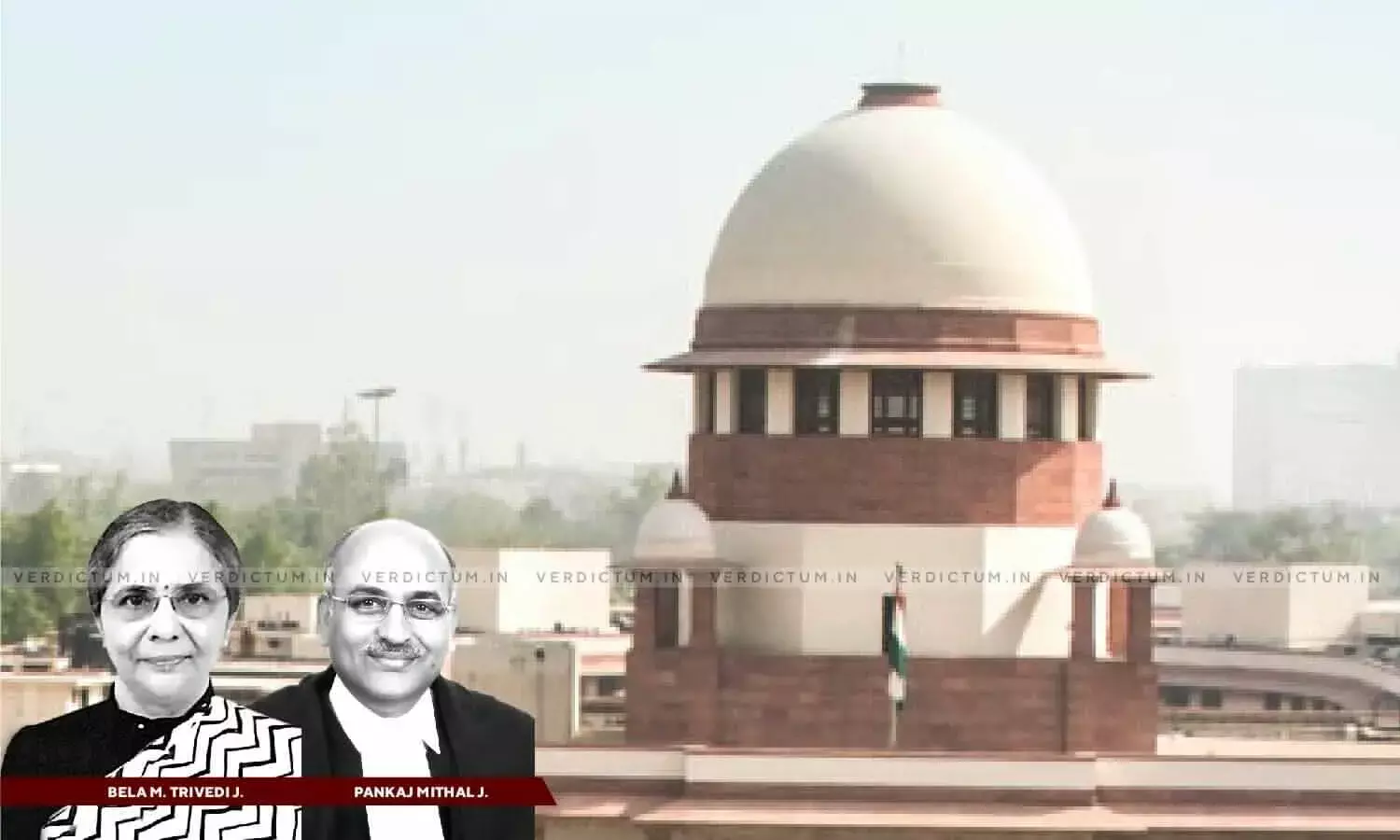Supreme Court Permits Withdrawal Of Petitions Challenging Validity Of UAPA Provisions

In a sudden turn of events, individuals and NGOs that had challenged the constitutional validity of the provisions of the Unlawful Activities (Prevention) Act (UAPA) in the Supreme Court withdrew their pleas today, saying they have decided to move appropriate forums.
A bench of Justice Bela M Trivedi and Justice Pankaj Mithal, which had on Wednesday said it will not allow "proxy litigation" to challenge the vires of the anti-terror law UAPA, allowed as many as eight petitions to be withdrawn, after the petitioners' counsels said they would like to approach the jurisdictional High Courts for relief.
The bench had asked the counsel for petitioners to seek instruction by Thursday whether they want to approach the high court to quash the FIR in UAPA cases or they want to challenge the vires of the law in the Apex Court.
Advocate Prashant Bhushan, appearing for three civil society members, including a journalist, who were booked under the anti-terror law by Tripura Police in 2021 over their social media posts on riots in the state, said he has received instructions from his clients to withdraw the petitions.
Bhushan said that the interim order dated November 17, 2021 granting protection from arrest be extended by two weeks.
Justice Trivedi said the Court is not going to pass any such order but orally asked the Tripura police to not take any coercive action. "Normally, we would have not entertained such petitions under Article 32 of the Constitution. We are not going to pass any such order. We are not saying anything in the order but you (Tripura police) don't do anything," she said.
Bhushan urged the bench to allow the petitioners to appear before the high court through video conferencing. Justice Trivedi said that the Supreme Court cannot micromanage everything and they should approach the high court for appearance through video conferencing or any other relief.
Similar request was made by the NGO Foundation for Media Professionals for withdrawal of a petition challenging the constitutional validity of provisions of the UAPA with liberty to approach the appropriate forum. The bench allowed the NGO's request to withdraw its petition.
On Wednesday, the top court had said it would hear challenge to the vires of the UAPA provisions by only those who are personally aggrieved by it and had refused to hear senior advocate Huzefa Ahmadi, who appeared for some writ petitioners challenging the anti-terror law.
"The petitioner must be an aggrieved party and there must be a violation of their rights. Only then can the question of challenging the vires of a legislative provision arise," it had said.
The bench had said that in PIL matters, the doctrine of locus standi may not apply in a strict sense but where vires of a law has been challenged, there should be some semblance of involvement.
"Otherwise, it will be a proxy litigation on behalf of other persons, who do not want to come to the forefront. That would not be permissible. We have to be careful about allowing such proxy litigation," Justice Mithal had observed.
With PTI inputs

